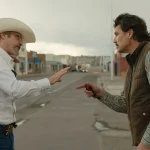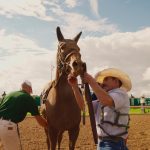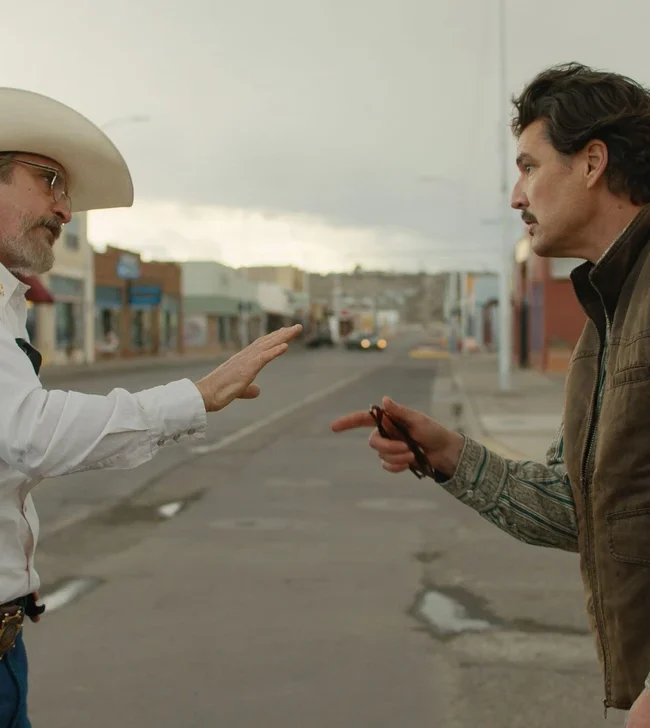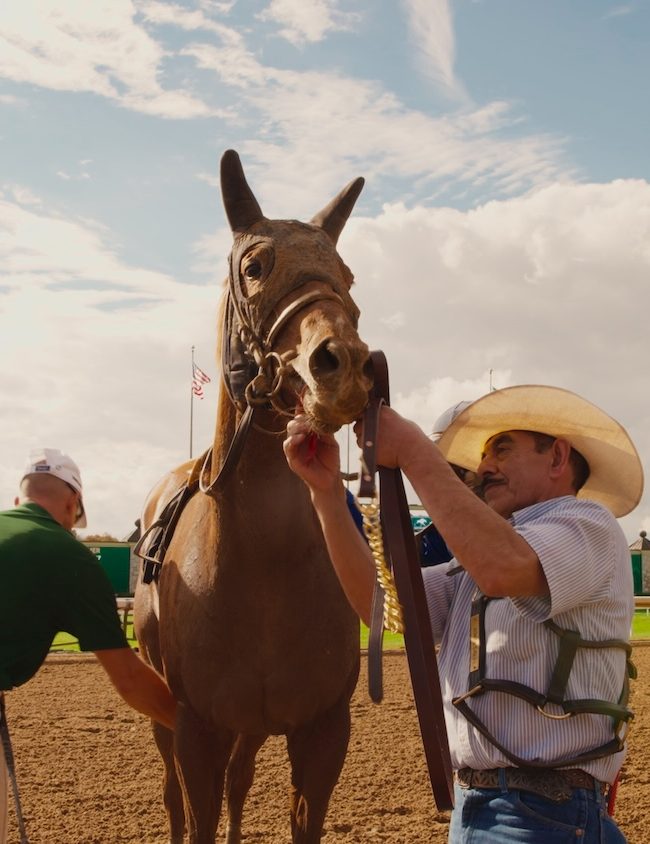THE HOLE IN THE FENCE
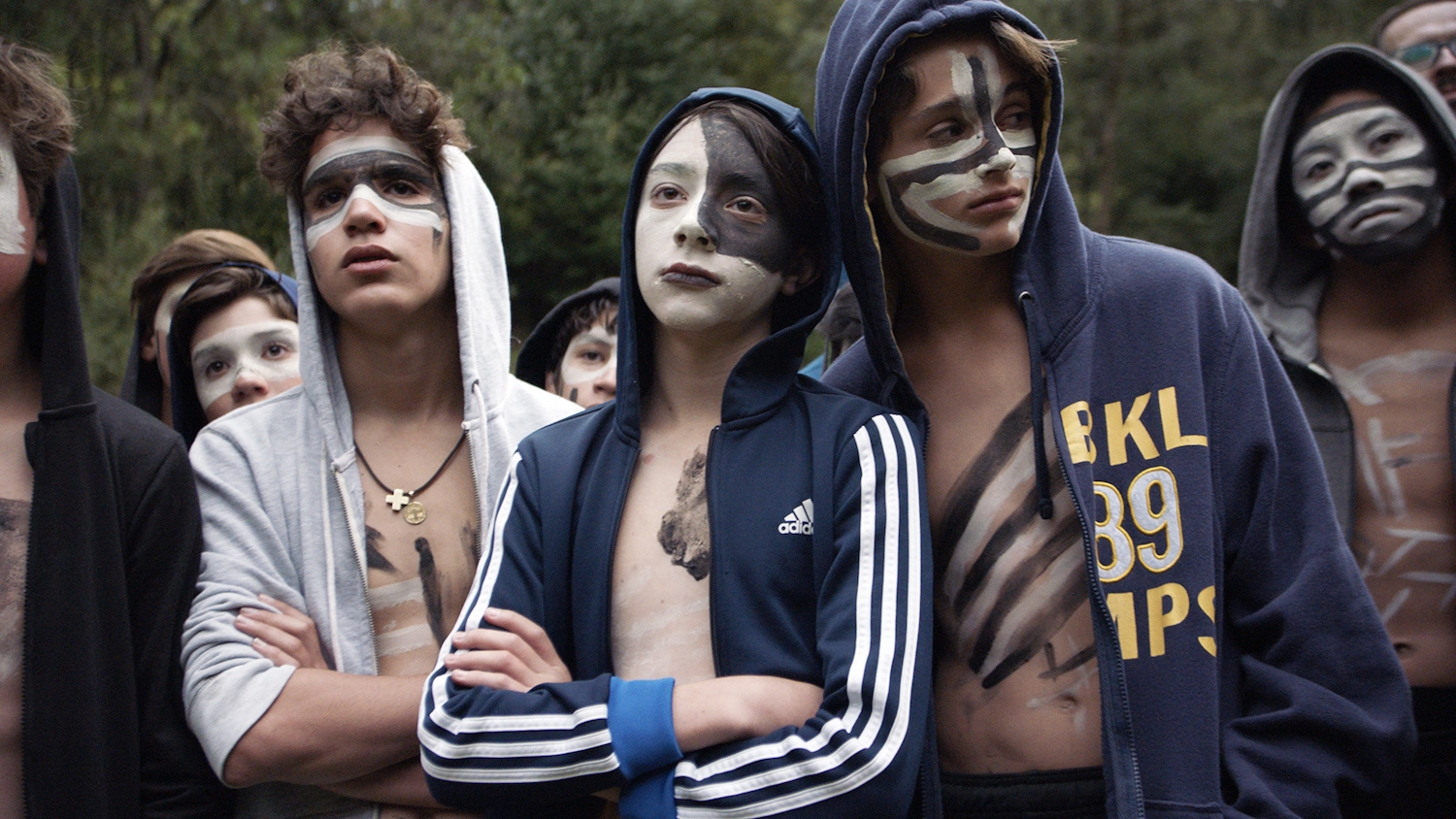
(Check out Chris Reed’s movie review of The Hole in the Fence, on VOD now as well as on screens in L.A.. Seen it? Join the conversation with HtN on our Letterboxd Page.)
Religion can be a vital force for good in the world, inspiring the faithful to tremendous acts of service. It can also be divisive, leading adherents of a particular sect to believe they are more anointed by the divine than others. Frequently, religion is used as a tool for power, as well, working hand in hand with government to promote an ideology favorable to the established order.
In Mexican director Joaquin del Paso’s new The Hole in the Fence, the Church is not only a pillar of society, but a formative influence on the nation’s elite young men. When a group of boys from a private school gather for a week-long camp experience in the countryside, what starts as standard indoctrination quickly becomes more sinister. Such is the way of God, it would seem, or at least of His representatives on Earth.
Del Paso (Panamerican Machinery) keeps his cinematic cards closely guarded, throughout, never quite revealing his intentions. We right away sense that all is not what it seems, but the why and how of it remains something of a mystery, even after the story concludes. That’s not a bad thing, though a viewer seeking moral and narrative clarity might emerge with some discontent. Of one aspect let us be clear: evil lives among us, masquerading as saints.
The film begins in nature, on a large tree in a field then to close-ups of birds. These feathered friends will return, obliquely, in a later scene, referred to by the camp counselors and priests as the Turdus albocintus (or white-collared blackbird). According to the counselors, the creatures are known for mating male on male. Given the uncovering of pedophilia scandals in the Catholic Church over the past few decades, will this be another such exposé?
The truth, as it unfolds, is a lot stranger, though at least less sexually disturbing (as far as we know, despite some occasional feints in that direction). Slowly, the boys, already privileged—except for one indigenous “scholarship kid,” bullied by the others until he figures out how to blend in—learn that their religious community encourages selfishness, rather than selflessness. What lies ahead is a universe built on strength and ruthlessness. Forget Christ’s sermons about love (not that fundamentalists ever remember them, anyway); think Lord of the Flies, only with the additional full participation of the adults.
And what of that titular hole in the fence? It proves the sole means of escape from the surrounding enclosure, though perhaps there is no real path to a better place, so entrenched are the modes of behavior that keep us prisoner. As the camp denizens run amok in the nearby village, the only lessons learned are those that promote the advantages of class and wealth. Resistance is futile; the wicked shall rule.
– Christopher Llewellyn Reed (@ChrisReedFilm)
Altered Innocence; Joaquin del Paso; The Hole in the Fence movie review

